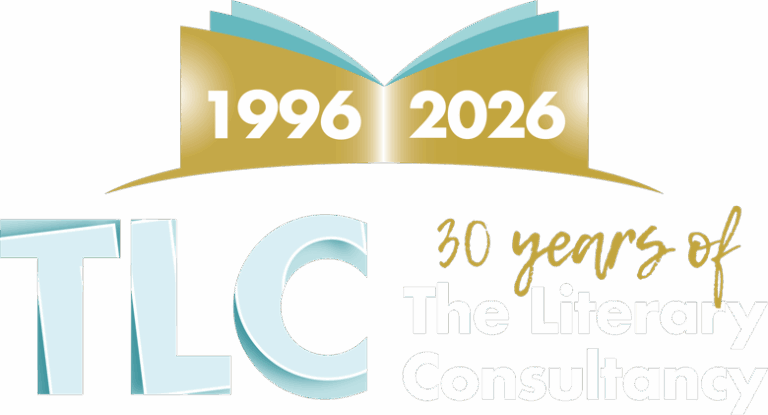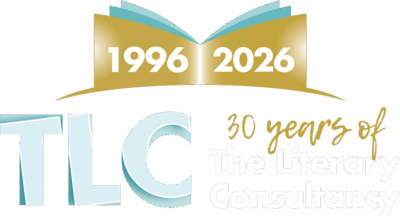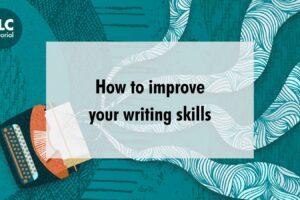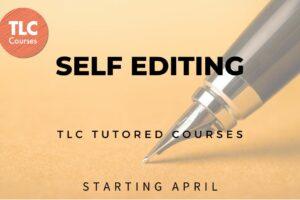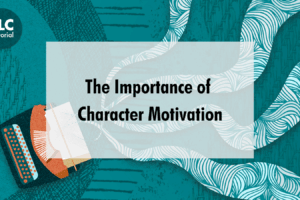“Creativity is something you are, not only something you do.”
Rick Rubin, founder of Def Jam Records
The Creative Act: A Way of Being (Penguin Press: New York, 2023)
Showing up on the page: for your writing, and for yourself
Over the years of sustaining a creative writing practice myself while mentoring and coaching writers, I’ve come to a similar conclusion: namely, how we are in the world is how we show up on the page. But what does that mean in practical terms? Is it possible to learn how to improve your writing skills, not just to sustain but to transform your entire creative practice?
Have you ever expanded the margins of your Word document, broken a line of poetry to allow an extra in-breath, or inserted a chapter break to increase tension in your novel-in-progress?
Well, I wonder how it would be for you, as a writer, if you allowed a little bit more white space in your creative, inner life too? What might that look like?

The Writer Within
Over the past two years, I have facilitated over eighty writers through the Write Club Plus programme, an incubator carefully curated by The Literary Consultancy’s Being A Writer platform. Our aim with Write Club Plus, as with the wider platform, was to safeguard literary creativity within a friendly environment, so that committed writing practice could be sustained by its members. Through Write Club Plus, we’ve guided writers from all over the world, at all levels, through a process of exploring the qualities of character that underpin craft.
We’ve done this with workshops, masterclasses, breakfast clubs and co-writing sessions. But what’s most interesting isn’t the format and which elements worked, but the act of transformation that has come from the writers themselves, as they have connected with who they are as writers, and what they want to be. We have had writers stop setting deadlines entirely, quit unfulfilling jobs, secure representation, publish and self-publish with purpose, begin new exciting projects, and rewrite the script of their inner critical voices.

How to improve writing skills: are you asking the right question?
Alongside my work with TLC, I have been building a private coaching practice to work with authors, including at the Poetry Pharmacy at Bishops Castle, where we get curious about the creative artist’s relationship with their craft. There are so many parallels with this work. No one writer will present in the coaching realm with the same exact issues. We are all unique.
Perhaps you’ve noticed that, like me, you really struggle with ideas generation but once you have your canvas, you can write for hours on end?
Or perhaps you have no problem with starting projects but have dozens of unfinished works-in-progress taking up residence on your laptop’s hard drive?
Or do you observe that you can’t seem to write until everything else in the household has been taken care of, and by the time you sit at your desk, you’re exhausted and you can only write for ten minutes?
Being aware of our own individual challenges is the first step to transforming our practice. But the most important next step is not, in fact, about ‘fixing’, or ‘overcoming’.
The importance of compassion and curiosity
Whatever challenge you are confronted by, it’s my belief that the more compassionate and curious we can get around our obstacles, the more the solution will reveal its inner potential to us. Moreover, if we can appreciate what we are doing well, and enquire from a place of strength, then the stronger the foundations on which we build our renewed creative practice will become. Let’s get in good relationship with ourselves, as well as the blank page.
For example, how would it be if you changed your mindset and worked with the restrictive elements that life’s challenges throw at you, rather than being enslaved to the narrative of battling against them? This is also an acknowledgement of what lies within, and without, your control. Setting goals will only get you so far if you don’t acknowledge what you can and can’t change, and what you can and can’t make peace with. It’s the difference between ‘I will focus on being brave with my writing this month’, and ‘I will get a publishing deal come hell or high water’. It’s also the difference between ‘at least 10 minutes each day through January are reserved for my creative soul’ and ‘I will write 1,000 words every day regardless of what life throws at me’. Because life happens.

One of my writer friends for example swears by writing in the ten minutes it takes the pasta to boil. She also goes nowhere without a paperback on her person in case the opportunity to read should present itself in micro blocks of time. Readers of James Clear’s popular book Atomic Habits might recognise some of these approaches.
It’s my job as the coach to ask you, as the client and writer, open questions to unlock your understanding of what’s getting in the way. So perhaps you thought what you wanted to know was ‘how to improve writing skills’, but in fact, what you need to answer first is ‘who am I as a writer?’, or ‘what does it mean to me to be a writer?’, or ‘what is really in the way of me becoming the writer I want to be?’ And the answers doesn’t need to make sense to anyone else but you.
Reconnecting with Your Why to Generate Joy
Spaces in which we can share stories of craft and technique are myriad, but at Being A Writer we’re also interested in the inner qualities of what it means to be a writer and how to support one another in that process of getting back in touch with the integral artistic impulse to create from a place of joy, discovery and delight. Being deeply mindful of why you started writing in the first place can be an incredibly powerful way to make sure that you write with purpose, but also – crucially – that you live your creative life with purpose, too. When we are aligned, our energy flows most powerfully, and we can begin to tap into the joy of the creative process. What does it mean to you, to be a writer? What does it mean to how you walk through the world, and move through each day?

“The real work of the artist is a way of being in the world”
– Rick Rubin
To circle back to the question that sparked this blog. How to improve writing skills and transform creative practice in 2024? I might tune into the coaching methodology and turn the tables, asking you a question in return, to help you carve your most creative path in the coming year. Here is my question to you:
How do you want to be in the world, and how do you want 2024 to facilitate your writing life?
I wish you your best year of writing, and of being a writer, yet.
About Julia Forster
Julia Forster has worked in publishing for over twenty years. She is currently Co-Director of Being A Writer for TLC and elsewhere she works in PR for independent presses. Julia is currently completing a Diploma in Coaching, specialising in working with authors from her base in mid-Wales where she is opening a writer retreat in autumn 2023. She has written both fiction and non-fiction and is represented by C+W agency; her most recent book was a coming-of-age novel, published in 2016 with Atlantic Books called What a Way to Go. Julia recently received an award from the Society of Authors for a collection of poems which she is currently completing. Her roles in publishing have included working in a literary agency in Soho and screening manuscripts for writer development prizes and awards. As a journalist, poet and critic, her work has appeared in Agenda, Arts Professional, PN Review, Resurgence, New Welsh Review, The Author, The Telegraph and Writing in Education.
Work with Julia to improve your writing skills and transform your creative practice
Enrolment is open now for Write Club Plus: Amplify, a small-group advanced level coaching programme for writers wanting to amplify their practice. Julia is our lead coach for this programme which starts in March 2024 (our second cohort will start in October). Places are strictly limited. Find out more here.
